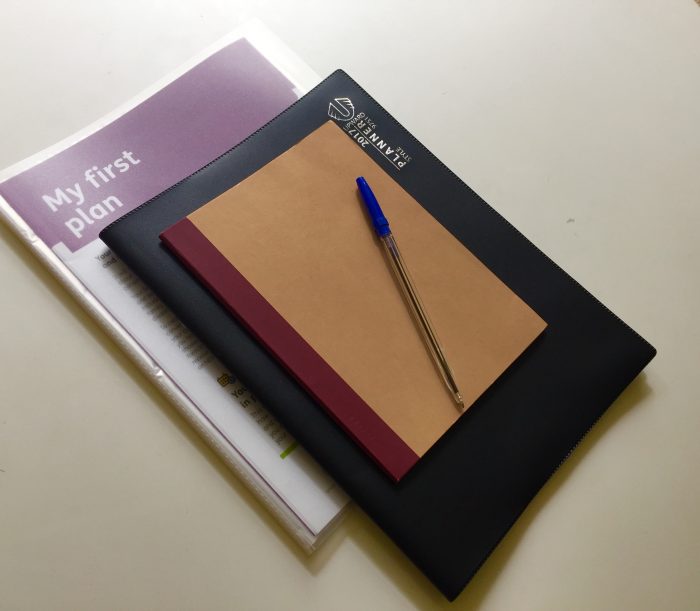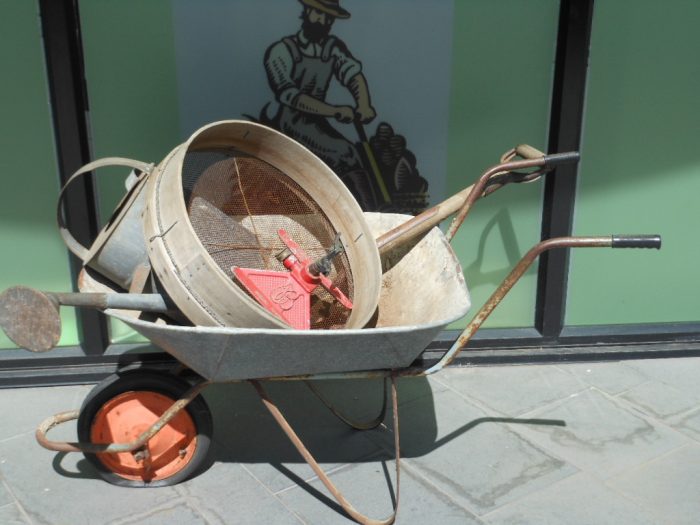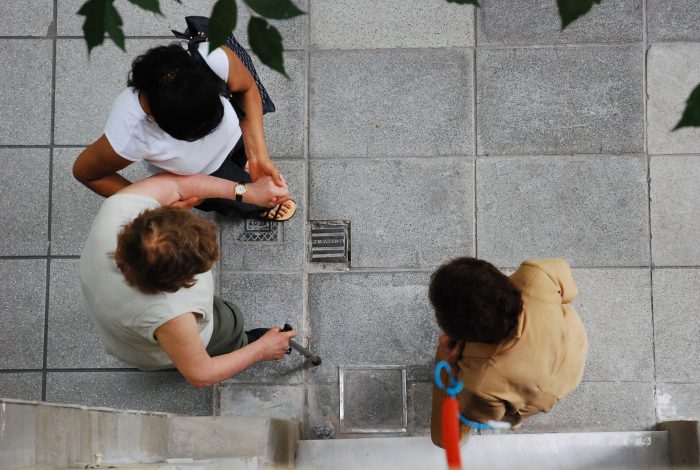In Part Three of our special Hearth series, we bring you some useful tips for NDIS planning and beyond. They were provided by our panel of experts at our recent NDIS Q & A Forum at Glenallen School.
Planning meeting: On phone or in person?
Our experts strongly recommend that you have your planning meeting in person and not over the phone.
Multiple planning meetings
In some special cases, you will be entitled to more than one planning meeting. For example, if you have a condition such as multiple sclerosis or acquired brain injury, you can request at least two meetings
Documents: how much is enough?

Try not to take thick wads of supporting documents to your meeting. Remember that your meeting will last only two hours so your documents will need to convey your points succinctly.
Personalising Participant Statements
Our experts strongly recommend that Participant Statements reflect the voice of the person with a disability requiring support.
If the person has a voice, is able to speak and can articulate their current needs and supports, the statement is best presented in first person and with broader goals in mind.
Example:
I am [name]. I have [condition]. I live at home with mum and dad. I need 24-hour care and help with all my activities.
It is important for me to be healthy and safe
It is important for me to explore and learn
I need …
I want …
If your loved one has a limited voice or only a few words, the statement can begin in his/her voice followed by a description of who related or conveyed the statement.
Example:
I am [name]. I have [condition]. I live at home with mum and dad. I need 24 hour care and help with all my activities.
My mum helps me [description of assistance] – as told by the carer.
Forgot to mention something at meeting?
If, soon after your planning meeting, you realise there is something you forgot to mention to the Planner, you can call your Planner and let them know. Most Planners will ring you within a few days to run through important areas you covered at your planning meeting. This will provide you with a chance to raise things you forgot to mention.
Some NDIS supports you may not know about
Our experts provided a list of some NDIS “line items” which you may be entitled to but may not know about. Knowing about them will help you prepare for your planning meeting.
Housekeeping & gardening
If you care for someone with high and complex needs or you are an older carer, you are entitled to 3 hours of support with housekeeping a week. 2 hours of gardening support is also available monthly.

“Gardening Tools” by Michael Coghlan (Flickr)
Are Carers entitled to any NDIS funded assistance ?
There are NDIS “line items” which provide carers some support. These include resources, education and training. For example, the “line items” enable family carers to educate themselves so that they can provide informed support to loved ones.
Camps and holidays
Around 5 weekends or 14 days of holidays can be accessed annually through NDIS funding, if you are eligible.
Travel allowance
There is a travel allowance available for specific travel purposes. This replaces the mobility allowance which was previously available through Centrelink.
Shadow shifts

If you have a family member who has new support workers, it is a good idea to orient the new support workers with support workers/carers who have been working in the home for a long period. There is NDIS funding available to assist the new support worker learn.
Young participants specialised home based assistance
This is aimed at strengthening informal supports and allows access to (for example) specialist babysitting.
Adult host care
28-48 hours of adult host care a month can be provided in another person or family home instead of a respite in a respite centre. It is available as respite care, shared care and permanent care. This is an option particularly when, for example a family member does not want to go into a respite facility.
Supportive equipment needs
It is important to (a) list the equipment you have now because you this will highlight maintenance needs (b) list the new equipment you may need or equipment may need to replace.
Home modifications

Note that many builders are now requesting to be paid for quotes they supply for home modifications. This cost of quotes needs to be included in your plan.
Service Agreement
Always read the Service Agreement from your service provider. It is a legally binding document and contains important information including cancellation policies, terms of agreement, privacy policies and more.
More details about the National Disability Insurance Scheme available on the NDIS website: https://www.ndis.gov.au
Special thanks to Sarina Bunnett (Melba Services), Diane Gow (Wavlink), Angela Cotter (Glenallen School) Matthew Yates (CPEC).


